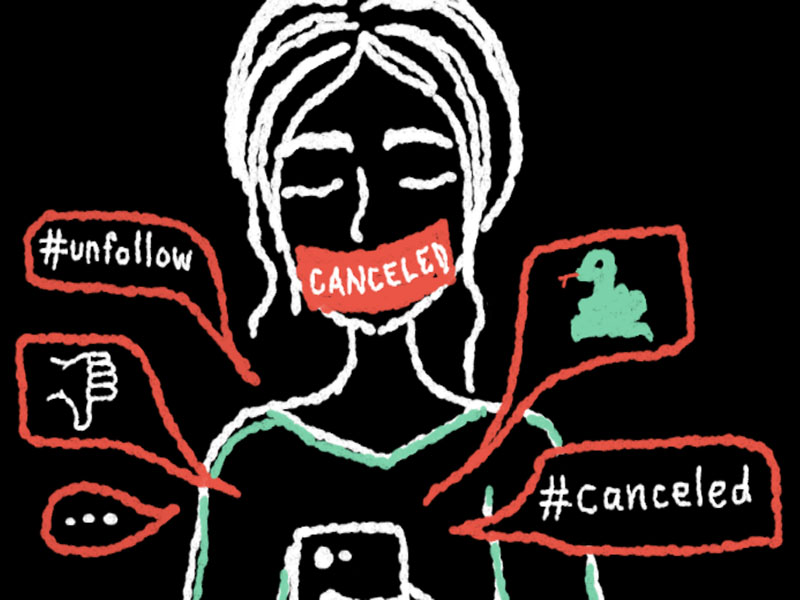Intolerance is not some abstract concept that cannot have two sides, in my opinion, it is a two-sided debate. The pop-culture dictionary defines cancel culture as “withdrawing support for (i.e. ‘canceling’) public figures, celebrities and companies or institutions after they have conducted something that is considered objectionable or offensive”. While it’s important to be empathetic towards the aspects of race, cultural background, regional history, and religion, it is high time that the world recognizes that by canceling every opinion that you are in disagreement with, no solution will ever be found. As a society, it is obvious that we have become less tolerant and forgiving to people. The urge to call out, criticize and lash out at any concept that we do not agree with and in many cases, even concepts that we can’t comprehend is concerning and says a lot about the world we are going to see in coming years. The most far-reaching effect of this issue has been on comedy and humor. Often we come across content pieces on how “The Office” wouldn’t have been successful in the modern age. Is it because our sense of humor has evolved in the past 13 years? Or is it because it is “more Gen-Z” to criticize foundational stereotypes over the internet?
If you’re a comedian, you are outspoken. That is their modus operandi. No one wants to be a secret, quiet, anonymous comedian. This anger over “cancel culture killing comedy” is entirely a media invention. In real life people have real problems: no one is getting “canceled” for the jokes they tell their friends but when such a casual attitude is called out in public, by a professional comedian, the entire concept of free speech comes into question.
Thus it is visible that while canceling is easy and even easier to go along on a witch hunt after an individual, having difficult and awkward conversations that will actually solve some core problems is tough and our generation has chosen the easier way out. Social media has democratized shaming and made it infinitely easier to do it without any repercussions (we can all shame anyone we like), simultaneously expanding its reach, stripping away any mitigating or humanizing context, and leaving a permanent paper (digital) trail of what might have been a momentary indiscretion. We need to realize that cancel culture often denies the canceled individual the most basic of human rights: the right to apologize for a mistake and to be absolved of the severe blame due to it being a mistake. Thus this extreme toxicity of cancel culture is taking away humanity from what makes us humane.
 |
Kshitij-Barua, PGP Batch Indian Institute of Management Ahmedabad |


